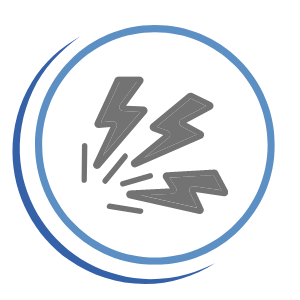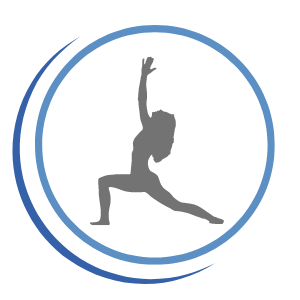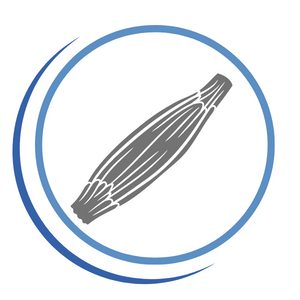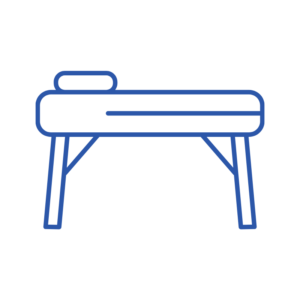Polymyalgia Rheumatica (PMR) is an inflammatory disorder that causes muscle pain and stiffness around the shoulders and hips.
Polymyalgia Rheumatica Treatment
What is Polymyalgia Rheumatica?
In patients with PMR, the synovial membranes and bursae that line and lubricate the joints become inflamed, causing pain and discomfort.
PMR often begins quickly, causing muscular aching and stiffness and is usually worse in the morning. The pain will usually fade over the course of the day but may return after prolonged periods of inactivity. It is most commonly diagnosed in people over the age of 50. The ongoing pain and stiffness may lead to decreased muscle use and this can cause muscle weakness.
What are the causes?
PMR is an inflammatory condition which has no known cause, although it is thought that there may be genetic and environmental factors, with the condition often being present in family history and triggered seasonally.
Other factors are:
- Gender – PMRis found more commonly in females than in males.
- Age – PMR is rarely diagnosed in individuals younger than 50, with most diagnosis occurring between 70 and 80 years of age.
- Race – people of caucasian descent are more commonly observed to have the condition
- Viral infection – chlamydia, mycoplasma, parainfluenza virus or parvovirus B19 are implicated as possible infections responsible for developing PMR
- Excessive exposure to sunlight – damage of superficial arteries by overexposure to UV radiation from the sun
What are the symptoms of Polymyalgia Rheumatica?
PMR will often affect the body symmetrically, and will most commonly affect the shoulder and hip areas and will come on suddenly. Patients often wake up one morning with extreme stiffness and soreness for no apparent reason.
Other symptoms can include:
- Stiffness after rising in the morning lasting 30 min or longer or after resting
- Weakness
- Fatigue
- Malaise
- Low-grade fever
- Sweats
- Headaches
- Weight loss
- Depression
- Vision changes
Treatment for Accessory Navicular Syndrome
PMR is often treated with corticosteroids, the dosage will depend on the severity of symptoms.
Physiotherapy is recommended to accompany this medication to promote a return to full activities by:
- Maintaining joint flexibility
- Improving range of motion
- Maintaining strength
- Reducing stiffness
What can I do at home?
- Maintaining proper nutrition
- Staying active
- Resting when required
How to book an appointment?
If you think that you may be suffering from PMR, or you’re looking for a ‘physiotherapist near me’, our team at Vitalis Physiotherapy can assess and diagnose the condition. They will then tailor your treatment plan to aid in your pain relief and recovery.
All you need to do is just give us a call on 0410 559 856 and request an initial appointment. Please let our friendly reception staff know the background and severity of your condition.
You can visit our FAQs for more information about appointments at Vitalis Physiotherapy.
Need Help?
Are you suffering from painful PMR? Contact Vitalis Physiotherapy now to book in your treatment.
Call our friendly team on 0410 559 856. We’d love to help.








